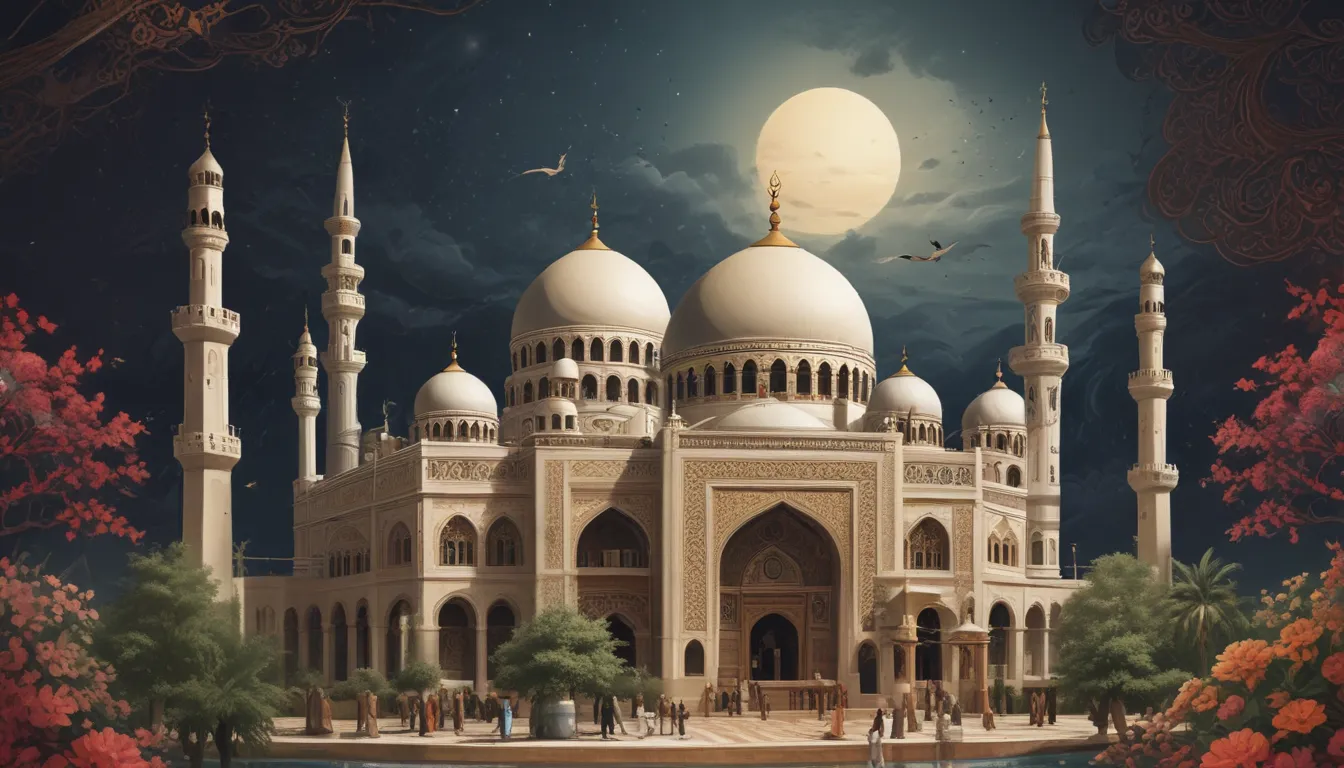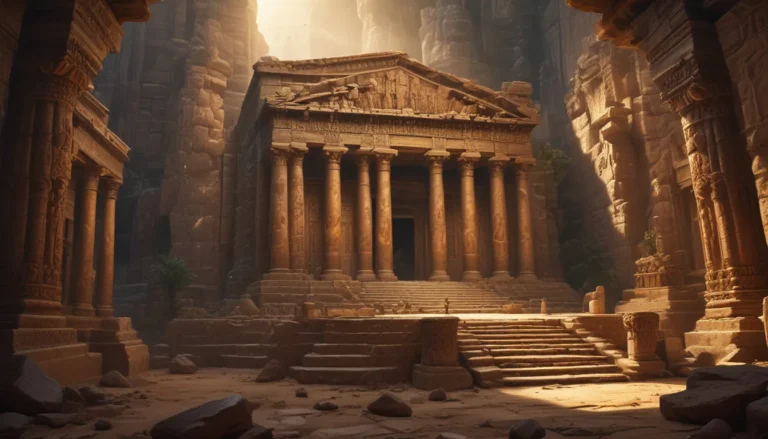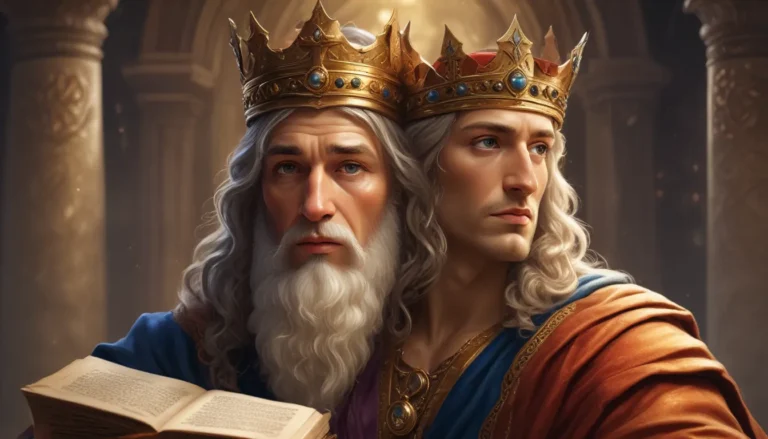The images in our articles may not match the content exactly. They are used to grab your attention, not to show the exact details in the text. The images complement the text but do not replace it.
Are you curious about Islam? With over 1.8 billion followers worldwide, Islam is a significant global religion that has a rich history and a profound impact on society. Founded in the seventh century by Prophet Muhammad, Islam is centered around the teachings of the Quran and the Five Pillars of Islam. In this article, we will delve into 14 interesting facts about Islam, shedding light on its beliefs, practices, and contributions to the world. So, let’s embark on a journey to discover the diverse and influential aspects of Islam!
Understanding Islam: Key Takeaways
- Islam is the second-largest religion globally, with over 1.8 billion followers, emphasizing community, charity, and the Five Pillars, including prayer, fasting, and pilgrimage. Muslims face Mecca when they pray and promote modesty, education, and good moral behavior. The religion encompasses diverse sects, traditions, and intricate art forms known for their geometric patterns and calligraphy.
The Origins and Beliefs of Islam
In the seventh century, Prophet Muhammad founded Islam, proclaiming revelations from Allah. The holy book of Islam, the Quran, is considered the literal word of God, guiding Muslims in their faith journey. Central to Islam are the Five Pillars, fundamental acts of worship like prayer, fasting, charity, pilgrimage, and the declaration of faith. Muslims face Mecca, the holiest city, during their daily prayers, showcasing their devotion to Allah.
Exploring Islamic Practices and Values
Islam teaches the concept of Jihad, emphasizing inner spiritual struggle and the defense of the faith. Modesty plays a significant role in Islamic practices, with both men and women encouraged to dress modestly. Community and charity are integral to Islamic teachings, with Zakat serving as a form of compulsory charity to support the less fortunate. Ramadan, the holy month of fasting, underscores self-discipline and increased devotion to Allah.
Embracing Knowledge, Art, and Morality in Islam
Education is highly valued in Islam, with Muslims viewing it as a religious duty that fosters personal and societal development. Islamic art is renowned for its intricate geometric patterns and elegant calligraphy, reflecting the beauty and unity of Allah. Upholding good character and moral behavior is essential in Islam, promoting values like honesty, kindness, generosity, and justice in daily life.
Diversity and Unity in Islamic Traditions
Hajj, the annual pilgrimage to Mecca, brings millions of Muslims together from around the world, reaffirming their faith and unity. Islam encompasses various sects, such as Sunni, Shia, and Sufi, each with distinct traditions and interpretations. While there are differences, Islam promotes peaceful coexistence and friendship with people of all faiths, fostering mutual respect and harmony.
Conclusion: Embracing Understanding and Diversity
In conclusion, Islam stands as a diverse and profound faith that shapes the lives of millions globally. By exploring the facts about Islam, we gain insights into its beliefs, practices, and contributions to society. While this article provides a glimpse into the world of Islam, there is much more to learn and discover. Approaching the study of Islam with an open mind and engaging in respectful dialogue can lead to a more inclusive and understanding society.
FAQs: Answering Your Questions About Islam
- What is the meaning of the word “Islam”?
-
The word “Islam” means submission or surrender to the will of Allah (God) in Arabic.
-
Who is considered the Prophet in Islam?
-
Prophet Muhammad is believed to be the last and final prophet, receiving revelations from Allah through the angel Gabriel.
-
What are the Five Pillars of Islam?
-
The Five Pillars include Shahada (faith declaration), Salat (prayer), Zakat (charity), Sawm (fasting during Ramadan), and Hajj (pilgrimage to Mecca).
-
What is the holy book of Islam?
-
The Quran is the holy book of Islam, considered the direct word of Allah revealed to Prophet Muhammad.
-
Are all Muslims the same?
-
No, there are different sects within Islam, each with their own interpretations and practices.
-
How does Islam view Jesus?
-
Jesus is regarded as a prophet in Islam, not the Son of God as in Christianity.
-
What is the significance of the Kaaba in Islam?
-
The Kaaba in Mecca is a sacred site and the direction of prayer for Muslims, symbolizing unity.
-
Do women have rights in Islam?
-
Yes, Islam grants women rights in various spheres like education, work, and social engagement.
-
Is jihad an act of violence in Islam?
-
Jihad encompasses inner struggle and the defense of Islam, not solely violence.
-
Are Muslims allowed to have non-Muslim friends?
- Yes, Islam encourages peaceful coexistence and friendship with individuals of all faiths.
Enhancing Your Understanding of Islam
At ReligionUnplugged.com, we are dedicated to delivering accurate and engaging content that sheds light on diverse religions and beliefs. Our commitment to quality ensures that each fact shared is credible and insightful. Explore the rich tapestry of Islam and other faiths with us, and join us in promoting mutual respect and harmony in our global community.






